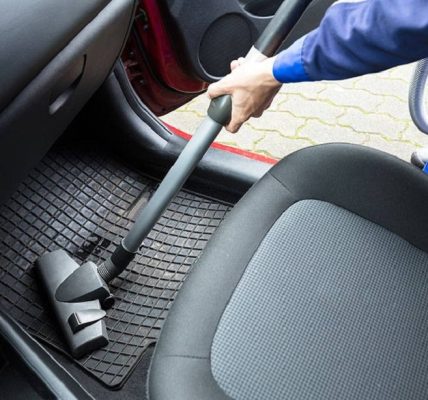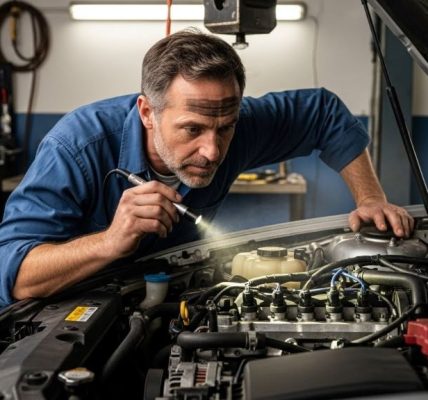Whether you’re a seasoned DIY mechanic or just looking to save some money on car repairs, having the right materials on hand is crucial. In this guide, we’ll walk you through the essential tools and materials needed to fix a car and get you back on the road.
1. Basic Hand Tools
Screwdrivers, Wrenches, and Pliers
These are the workhorses of any car repair job. Screwdrivers come in various types and sizes, while wrenches and pliers help with nuts, bolts, and other fasteners.
Socket Set
A socket set with a range of sizes is essential for tackling various components in your car, from changing spark plugs to removing bolts.
Jack and Jack Stands
These are crucial for safely elevating your car to access the undercarriage. Never work under a car supported only by a jack.
2. Diagnostic Tools
OBD-II Scanner
This device allows you to read the diagnostic trouble codes (DTCs) stored in your car’s computer system. It provides valuable insights into potential issues.
Multimeter
A multimeter helps diagnose electrical problems by measuring voltage, current, and resistance.
3. Safety Gear
Gloves and Safety Glasses
Protecting your hands and eyes is paramount. Gloves provide grip and prevent cuts, while safety glasses shield your eyes from debris.
Protective Clothing
Wearing appropriate clothing, such as coveralls, helps keep dirt and grime off your skin and clothes.
4. Consumables
Motor Oil and Filters
Having the correct type and amount of motor oil is essential for regular maintenance tasks like oil changes. Don’t forget the oil filter.
Brake Fluid and Coolant
These fluids are vital for the proper functioning of your braking system and engine cooling system, respectively.
Grease and Lubricants
These keep moving parts running smoothly and prevent corrosion.
5. Replacement Parts
Spark Plugs, Belts, and Hoses
These are common wear items that may need replacing over time.
Brakes and Brake Pads
Having spare brake pads and rotors on hand is wise, especially if you’re tackling a brake job.
6. Specialized Tools
Timing Light
This tool helps you set the ignition timing, a crucial aspect of engine performance.
Compression Tester
If you suspect engine problems, a compression tester can help diagnose issues with the cylinders.
Signs It’s Time for Brake Repair
Squeaking or Grinding Noises
Unusual sounds when applying the brakes are clear indicators that something’s amiss. Squeaking or grinding noises often signal worn-out brake pads, which should be promptly replaced.
Reduced Responsiveness
If you find your brakes less responsive than usual or notice a longer stopping distance, it’s time to have them checked. This could be a sign of worn brake pads or a more serious issue with the braking system.
Vibrations or Pulsations
Experiencing vibrations or pulsations when you brake? This could be a sign of unevenly worn brake rotors. Getting them resurfaced or replaced will restore a smooth braking experience.
Warning Lights
Modern vehicles are equipped with warning lights that signal brake system issues. If the ABS (Anti-lock Braking System) or brake warning light illuminates on your dashboard, don’t ignore it. Seek professional inspection and repairs promptly.
Conclusion: Empowering DIY Car Repairs
With the right materials and tools at your disposal, you can confidently tackle a wide range of car repairs. Remember to always prioritize safety and consult professional help for complex issues.
FAQs
Q: Can I use any type of motor oil for my car?
A: No, it’s important to use the oil type and viscosity recommended in your vehicle’s owner’s manual.
Q: How often should I change my car’s air filter?
A: Generally, it’s recommended to replace the air filter every 12,000 to 15,000 miles, or as specified by the manufacturer.
Q: Is it safe to use a scissor jack to lift my car?
A: Scissor jacks are fine for emergencies, but for extended work, it’s safer to use a hydraulic floor jack and jack stands.
Q: Can I reuse old gaskets when replacing engine components?
A: It’s generally best to use new gaskets to ensure a proper seal and prevent leaks.
Q: Are there any specific precautions I should take when working with electrical components in my car?
A: Always disconnect the battery before working on electrical systems, and be sure to follow safety guidelines to avoid electrical shocks.






